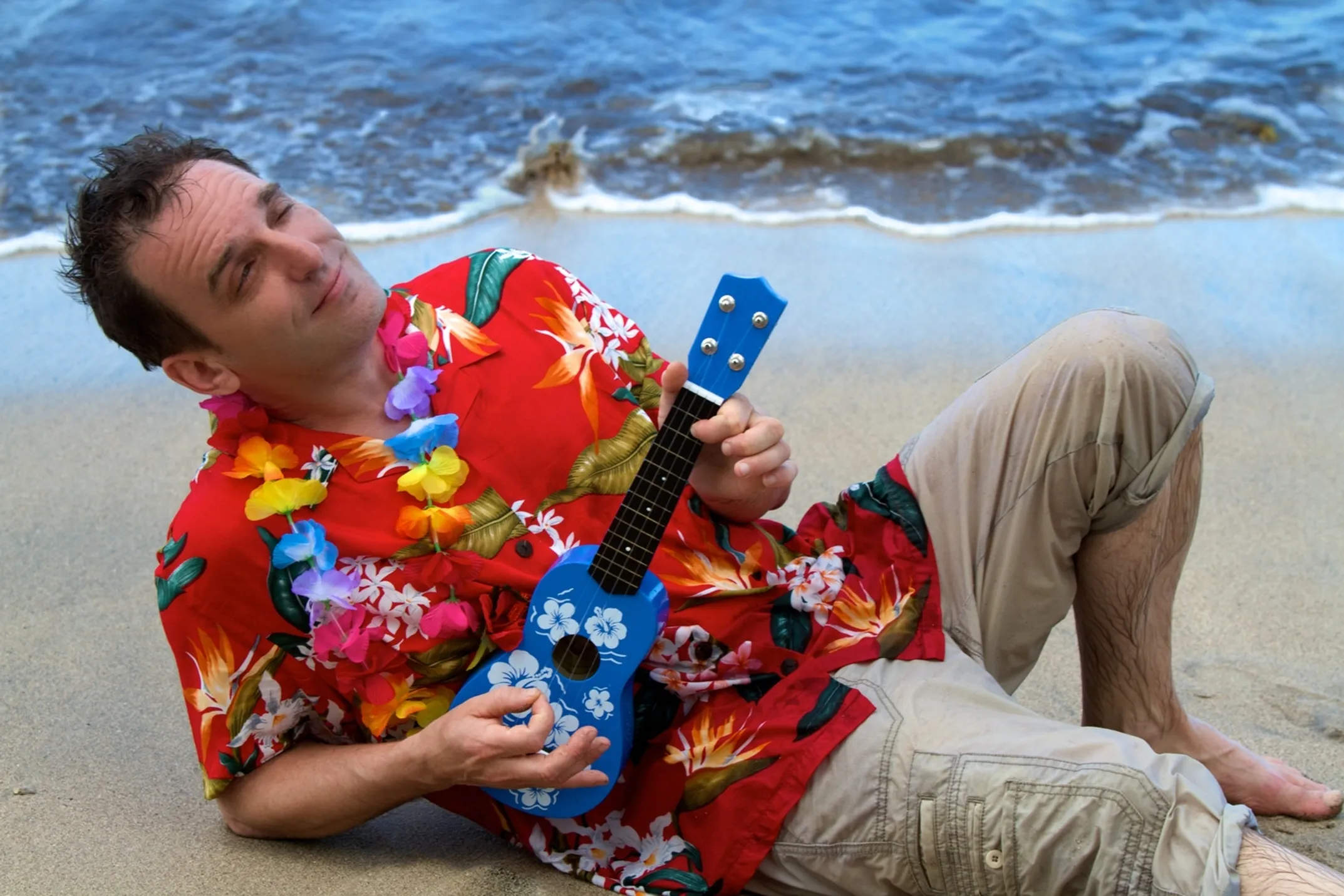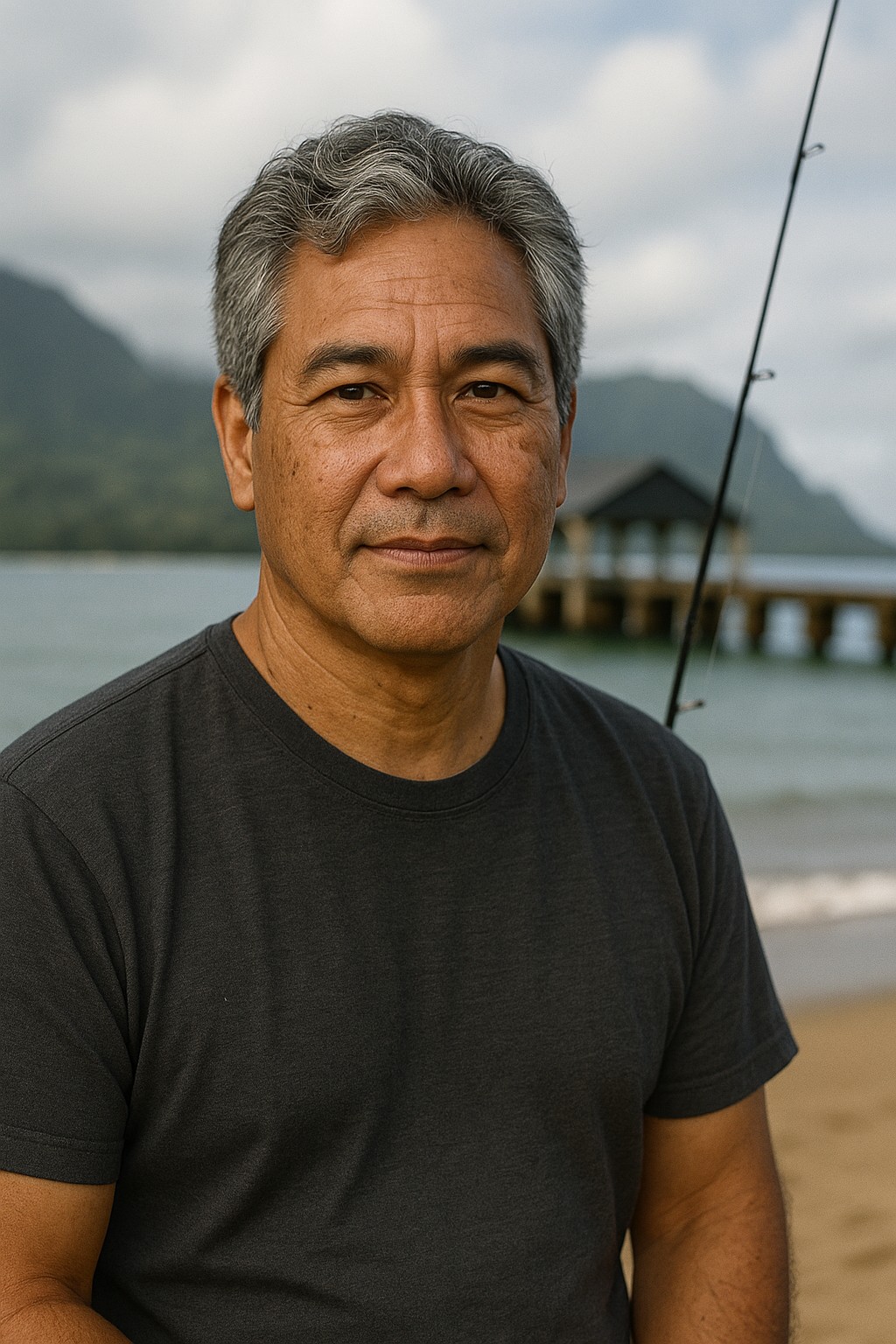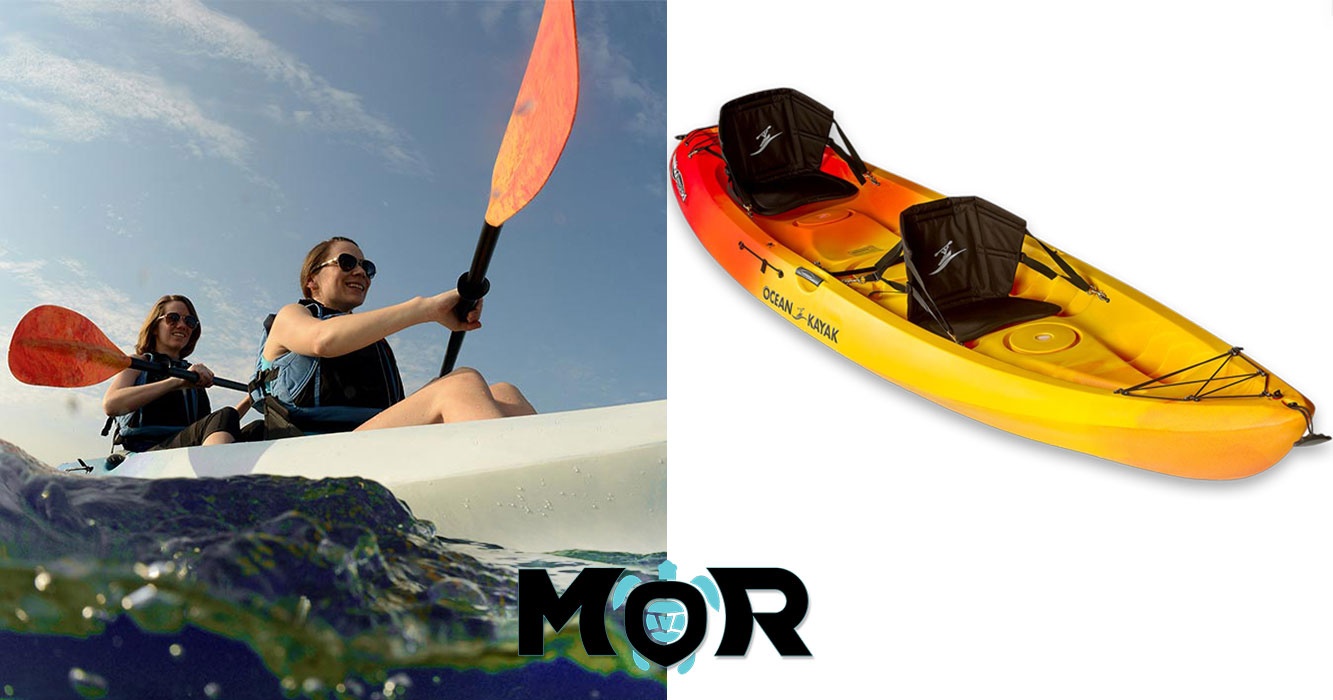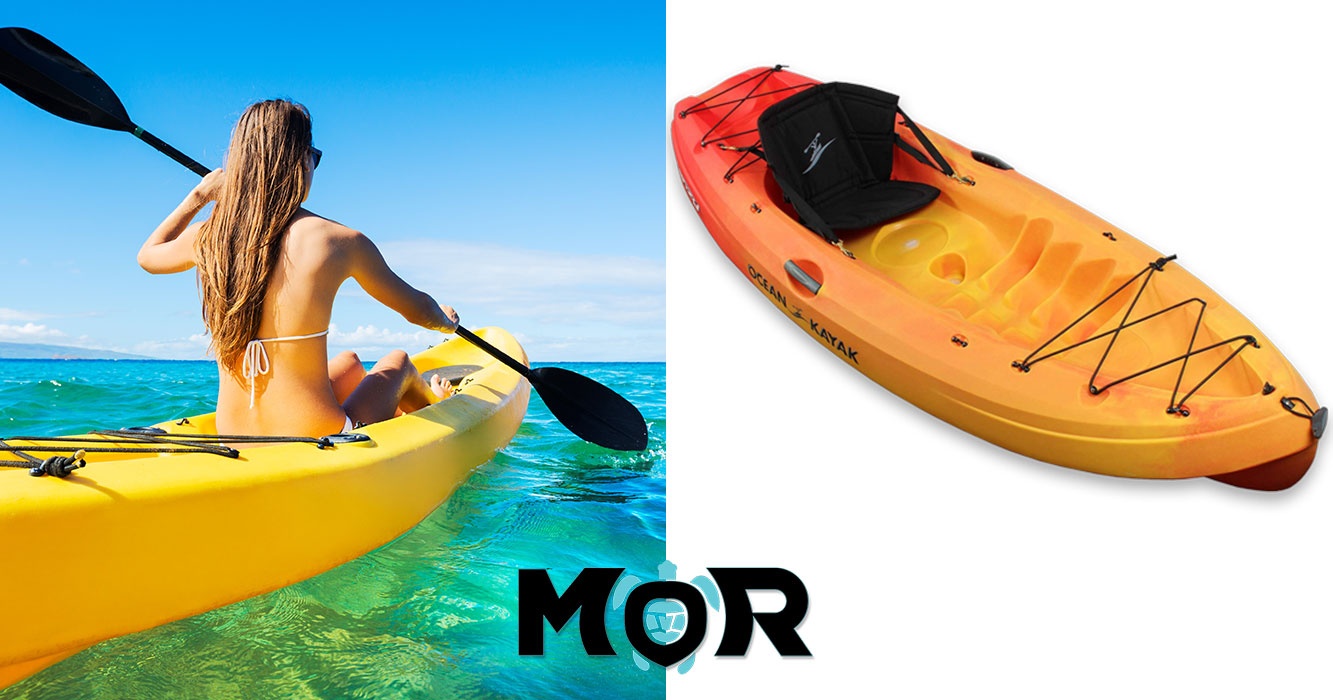

An Ethical Listener's Guide
Finding Your Way to the Music with Mālama

Written by a Cultural Expert
Kalani MillerFinding Your Way to the Music
If you want to experience real Hawaiian music, you need to approach it with mālama - the spirit of caring for and protecting what matters.
Seek Authenticity, Not Performance
Commercial lūʻau often present simplified versions of Hawaiian music designed for tourist consumption. Real Hawaiian music happens where the primary audience is our local community.
Look for slack key festivals, ʻukulele competitions, and small venues where local musicians play for local people. Visit community cultural centers. Find the neighborhood bars where three-generation families share the stage. You want to witness living culture, not consume a pre-packaged product.
Don't just listen to Hawaiian music. Listen to what it's trying to tell you about our people, our struggles, and our hopes.
🎵 Slack Key Festivals
Family traditions shared in intimate settings where the focus is on cultural perpetuation.
🏛️ Cultural Centers
Community spaces where Hawaiian music serves educational and cultural purposes.
🎤 Local Venues
Neighborhood bars and cafes where multi-generational families share the stage naturally.
🎶 Hālau Performances
Traditional hula schools where music serves spiritual and educational purposes.
Support the Source
Buy music directly from artists at their shows or through their websites. Patronize Native Hawaiian-owned businesses. Choose restaurants that feature live local music over chain establishments with recorded soundtracks.
Your dollars should flow back to the artists and community members who create and maintain this culture. This isn't charity. It's how you become part of the cultural ecosystem instead of just taking from it.
Learn with Humility
Hawaiian music carries deep history, spirituality, and political meaning. Approach it with curiosity and respect for its context. Learn the stories behind the songs. Understand why certain protocols exist. Take a lesson or workshop. Visit the Hawaii Music Museum.
Continue Your Musical Journey
Explore more aspects of Hawaiian music history and cultural significance.
🎵 Authentic Venues
- Slack key festivals
- ʻUkulele competitions
- Community centers
- Local venues
- Hālau performances
💝 How to Support
- Buy direct from artists
- Support Native businesses
- Choose live music venues
- Attend cultural events
📚 Learning Resources
Hands-on learning
Academic study
Historical context
Where to Find the Real Thing
The Kūhiō Beach Hula Show happens Saturdays and first and third Tuesdays at 6:30 PM. Real hālau perform against the ocean backdrop, not for tips but for the love of perpetuating culture.
Authentic Hawaiian Music Venues
Royal Hawaiian Center's Royal Grove hosts nightly performances from 5:30 to 6:30 PM. You'll see high-quality trios, hula kahiko, and contemporary acts in a professional but intimate setting.
Kani Ka Pila Grille at the Outrigger Reef features legendary and emerging Hawaiian artists nightly from 6:00 to 9:00 PM in a casual, open-air atmosphere where music flows as naturally as conversation.
University of Hawaiʻi at Mānoa's Music Department offers courses in hula, chant, and ethnomusicology. Hālau like Nā Pua Hala Kūnou i ke Kai provide both online and in-person hula instruction.
Instrument Makers and Cultural Keepers
Kanileʻa ʻUkulele in Kāneʻohe plants a koa tree for every instrument they build. DeVine Guitars on Maui focuses on instruments built for slow, melodic playing. Their work appears in the hands of artists like Eddie Vedder.
Kūhiō Beach Hula Show
Saturdays and first/third Tuesdays at 6:30 PM - Real hālau performing for cultural perpetuation.
Royal Hawaiian Center
Nightly performances 5:30-6:30 PM - High-quality trios and hula in intimate setting.
Kani Ka Pila Grille
Nightly 6:00-9:00 PM - Legendary and emerging artists in casual atmosphere.
UH Mānoa Music Dept
Academic courses in hula, chant, and ethnomusicology with cultural context.
These venues and experiences offer you the chance to witness Hawaiian music in its proper context - as a living tradition that connects people to each other, to the land, and to the continuing story of the Hawaiian people. When you approach these spaces with respect and openness, you're not just hearing music - you're becoming part of the cultural conversation that has been going on for over a thousand years.

